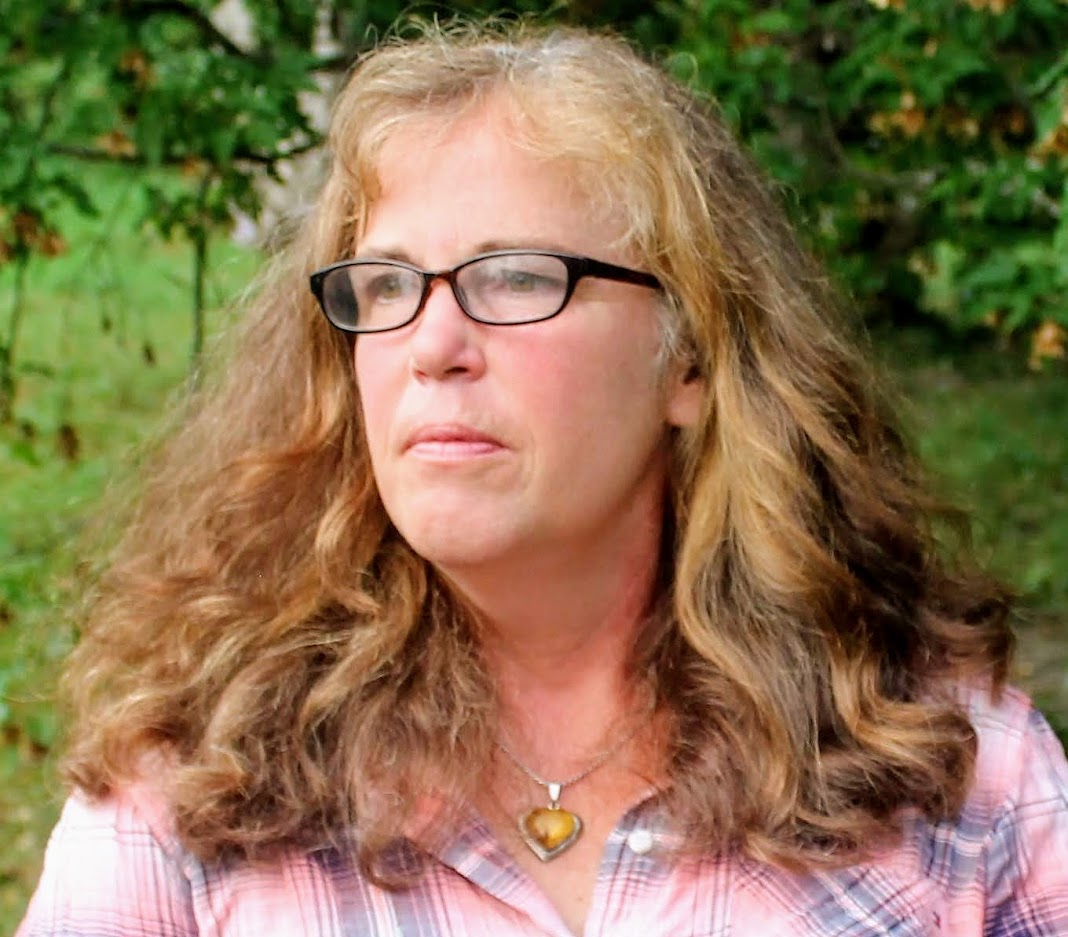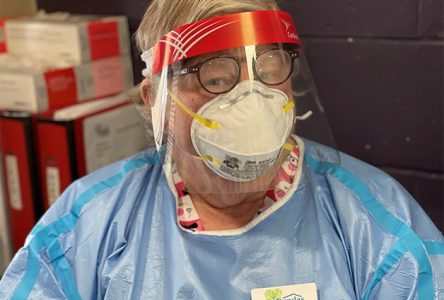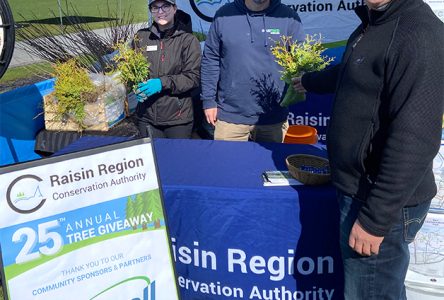UNITED COUNTIES of SD&G, Ontario – Getting the word out about climate change is at the heart of the local Green Party of Canada’s candidate in Stormont-Dundas-South Glengarry.
Last month, the local riding association nominated Dr. Jeanie Warnock as their candidate in the September 20 federal election.
A resident of the Moose Creek area of the riding, this is not her first foray into politics.
In 2008 she ran for the Greens in the neighbouring riding of Leeds-Grenville.
She has a PHD in English from the University of Ottawa and was a lecturer at the school. She now works on her hobby farm and raises her 10 year old son with her partner.
“I mean if you follow the science we are definitely facing a climate emergency and I felt that information has to get out,” she told The Leader. “The more people hear about it, the more they hear about the solutions, the way we can solve the problems, the more I hope they can support change.”
Warnock explained that the Green Party platform isn’t about making frightening changes to how things are.
“We just have to sort of shift some of our priorities and move towards a cleaner way of living,” she said.
Outside of environmental concerns, Warnock said there are two local issues she wanted to highlight – access to mental health for youth and rural areas, and engagement with First Nations communities.
“You have children and youth that mental health is a big issue across the country, but I think it’s an even bigger issue in rural areas because there’s so little funding for it,” she explained. “We live in a rural community and are so much more isolated. It’s so much harder to get services, even for the elderly.”
Warnock said the challenge for farmers especially is they are self-employed and don’t have access to private insurance to assist, but earn too much to qualify for government programs to access mental health supports.
Engagement with the local First Nations community in Akwesasne is another local priority for the Green Party candidate. Dealing with the Cornwall waterfront development lands is an opportunity according to Warnock, to build stronger ties with Akwesasne.
“A lot of those lands are still owned or leased from the federal government,” she explained. “So that really gives use an opportunity now that our society is feeling more strongly towards reconciliation, that we should make reparations towards First Nations. It’s an example of how we can work together.”
Warnock said on the campaign trail she will be emphasizing the needlessness of having the election now.
“I truly hope the voters reprimand Justin Trudeau for calling this unnecessary election,” she said. “He had a minority but he hasn’t been opposed in Parliament by any major party.”
She opined that the money being spent on an election could have been better directed into pandemic recovery or environmental conservation programs.
For the local campaign, Warnock said she is focused on running an authentic campaign while trying to communicate the party’s platform.
“I believe we have to address the climate crisis for the sake of our children and that will carry me forward,” she said. “Hopefully I’ll be able to convey the authenticity of that message in contrast with a person who’s basically been a professional politician for his whole life.”
She questioned if incumbent MP Eric Duncan addressed serious issues during his term in office.
“So it’s great of Mr. Duncan to set up tax clinics for seniors, and he mails me out a calendar every year I use to plan ahead. But I do not think he is actually doing anything on serious issues.”
Warnock said it is important for an MP to reach out to people in the community and engage with a different range of people.
“I would be doing more of that if elected,” she said.
The local Green Party candidate returned to the environmental message of the party platform to close out her interview.
“We really have to do something to try to slow climate change,” she said. “When I first ran 13 years ago, we didn’t have nearly as much data and [scientists] were anticipating what could happen 10 years later, 15 years later. We’re now seeing what is happening with heat waves like we’ve had.”
This article was originally written for an published in The Morrisburg Leader.




